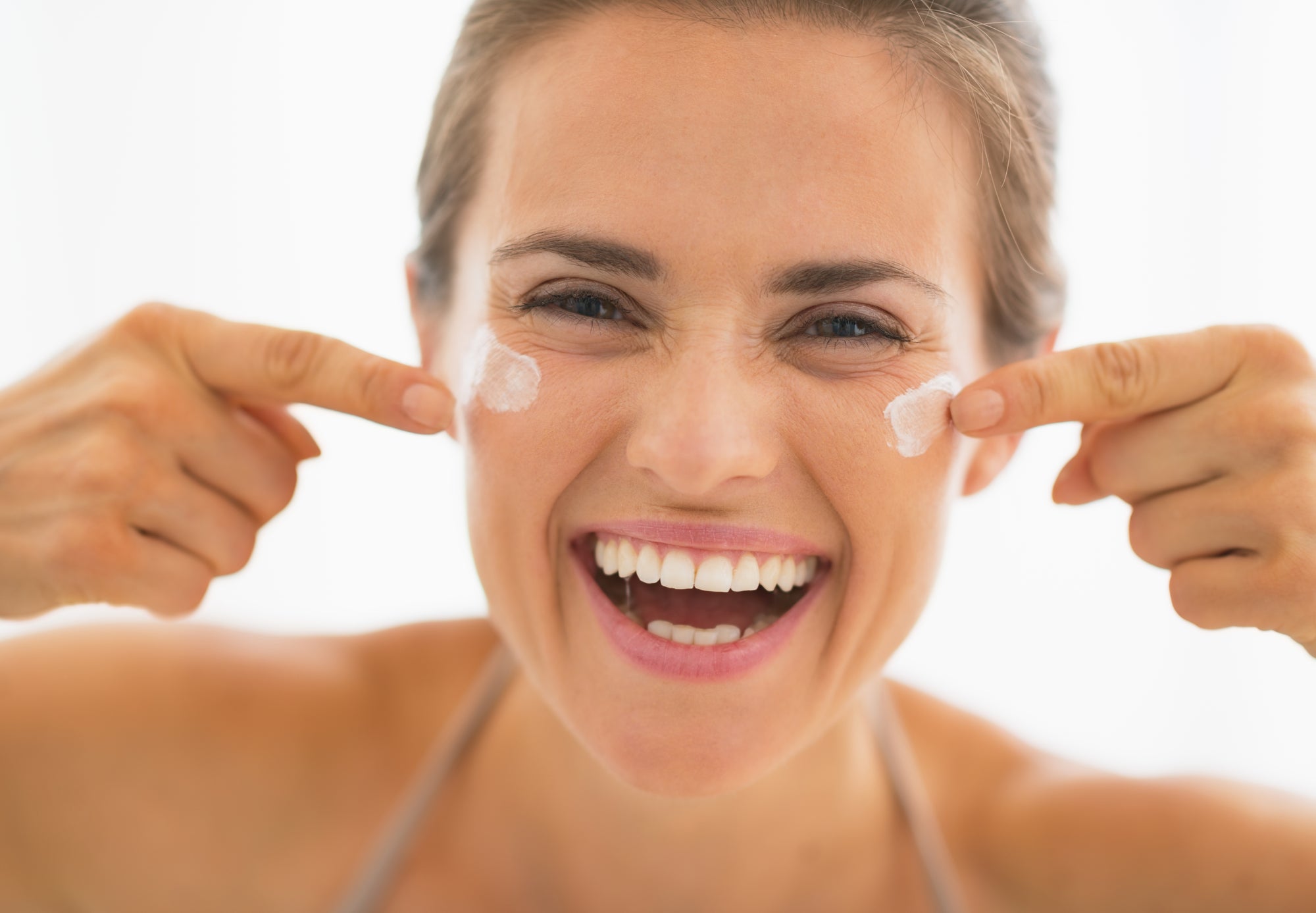

A Guide to Finding Your Perfect Moisturizer Based on Your Skin Type
Choosing a moisturizer is no easy task. While it may seem as simple as taking a trip to your local beauty supply store or doing a quick google search, many of us have learned the hard way that not all moisturizers are created equal. Moisturizing needs can differ considerably, depending on a person’s individual skin type. A good moisturizer can help protect the skin barrier, reducing the risk of skin conditions and helping you maintain your natural glow (bonus points if your moisturizer contains SPF for that added protection). That’s why it’s important to know which formulas, ingredients, and bases are right for your skin. If you’re having trouble identifying your skin type or struggling to find the best moisturizer for you, don’t worry - we’ve got you covered!
Why Moisturize?
But first, we should probably mention why it’s important to moisturize your skin daily, even if you don’t think you’ll be spending a lot of time outside. Moisturizer’s main function is, you guessed it, to lock in moisture in the outermost layer of your skin, preventing water loss. Moisturizing your skin daily can have a number of important benefits for the look and feel of your skin.
- It prevents dryness. A good moisturizer can provide your skin with a natural protective barrier that reduces water evaporation from the skin. This extra moisture keeps the skin from becoming too dry.
- It fights wrinkles. Studies have shown that persistent dryness can lead to premature aging and wrinkles. Moisturizing daily helps to leave your skin looking plump, firm, and dewy.
- It soothes sensitive skin. Moisturizing is great for providing relief to red, irritated, or itchy skin. Ingredients like aloe vera and chamomile (which can be found in our Rosa daily moisturizer) soothe irritated skin and can even help to reduce itching and inflammation.
- It can help prevent breakouts. When your skin becomes too dry your glands begin to produce more oil, which can result in clogged pores and acne. Moisturizing properly can help to prevent your skin from producing the excess oil that leads to breakouts.
Your Skin Type
There are five primary skin types: normal, oily, dry, combination, and sensitive. Typically you can determine your skin type through simple observation. If your skin appears shiny or greasy, particularly in your T-Zone (forehead, nose, and chin), and you’re prone to breakouts, you likely have oily skin. If your skin is dull, rough, tight, or flaky you may suffer from dry skin. If some areas of your skin are dry and others are oily you likely have a combination skin type. If your skin is particularly vulnerable to irritants or certain ingredients it’s likely to be sensitive (for more on sensitive skin check out our blog). And lastly, if your skin feels neither oily or dry then your skin type is most likely normal. It’s important to determine your correct skin type in order to decide which skincare products will best suit your needs, especially when it comes to moisturizers.
Finding the Best Moisturizer for You
Normal Skin
Those lucky enough to have normal skin could go heavier or lighter with their moisturizers based on personal preference. Moisturizing creams are an ideal choice for normal skin types, as they can provide more moisture than water-based lotions but aren’t as thick or heavy as oil-based moisturizers. And as always, we recommend choosing a moisturizer with an SPF 30 or more.
Oily Skin
Despite the added shine that comes with an oily skin type, a moisturizer can still be beneficial, particularly if you rely on drying agents like salicylic acid to treat acne. Light, water-based lotions and gels are an ideal match for oily skin, as they allow for a gentle layer of moisture that’s less likely to clog your pores.
Dry Skin
Since dry skin types are typically in desperate need of some extra moisture, those with dry skin should seek out a heavier, oil-based moisturizer to help the skin retain water. To find an oil-based moisturizer check a product’s ingredients list; if the first ingredient listed in an oil, you’re good to go.
Combination Skin
Striking the right moisturizer balance for combination skin can be tricky. Those with combination skin can benefit from a lightweight, water-based moisturizer that keeps skin feeling hydrated without adding excess oil to the skin.
Sensitive Skin
Given that sensitive skin can be easily irritated, it’s important to seek out soothing, anti-inflammatory ingredients like aloe vera (and make sure to check out our blog on all things aloe). Gentle, hypoallergenic moisturizers, free of parabens, should be your new go to. Make sure to keep an eye out for scented moisturizers, as fragrance is a common irritant for sensitive skin types.
For those with sensitive skin, you’re in luck! Our Rosa daily moisturizer was designed specifically for people with sensitive, irritation-prone skin. Rosa is free of all chemicals and alcohols and includes soothing ingredients like aloe vera, chamomile and green tea, the perfect fit for those whose skin tends to run on the moody side.
The right moisturizer can be your skin’s best friend. So it's essential to take some time to get to know your specific skin type and its unique needs. Your skin will be sure to thank you for it!
Sources:
Radiance by WebMD: Choosing the Right Moisturizer for Your Skin | Healthline: Choosing a Healthy Facial Moisturizer | The University of Tennessee Medical Center: The Importance of Moisturizing | British Journal of Dermatology: An 8-Year Longitudinal Study on the Progression of Expression Lines Into Persistent Wrinkles | CeraVe: What Type of Skin Do I Have? | Healthgrades: What Type of Moisturizer is Right for Your Skin
